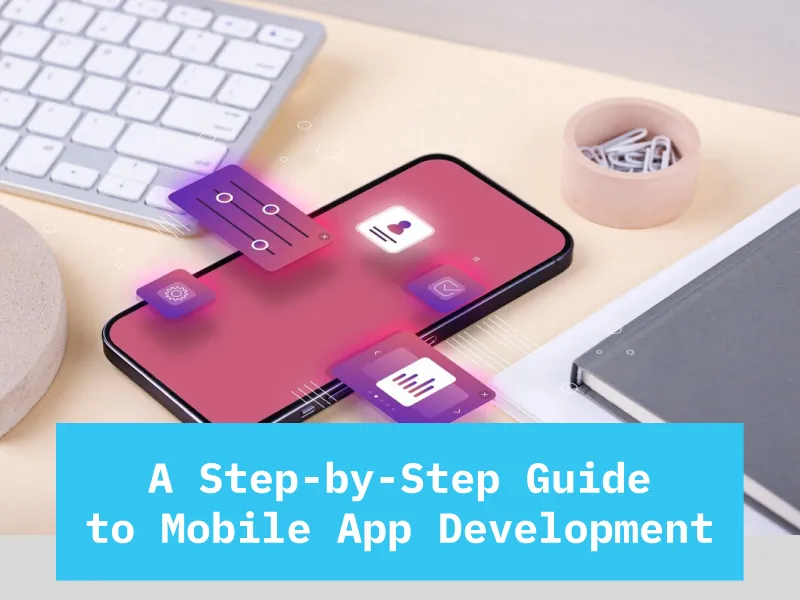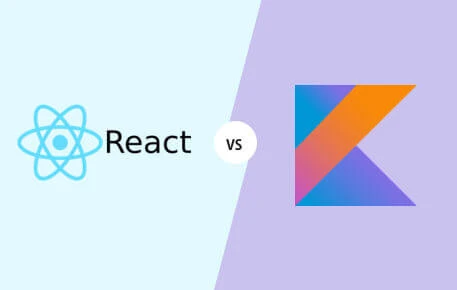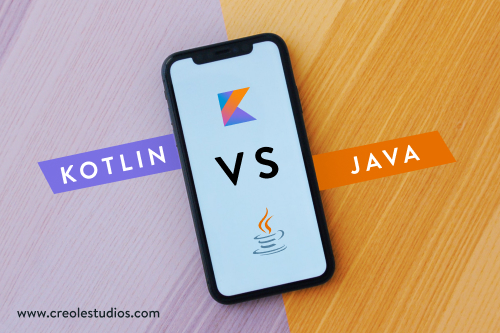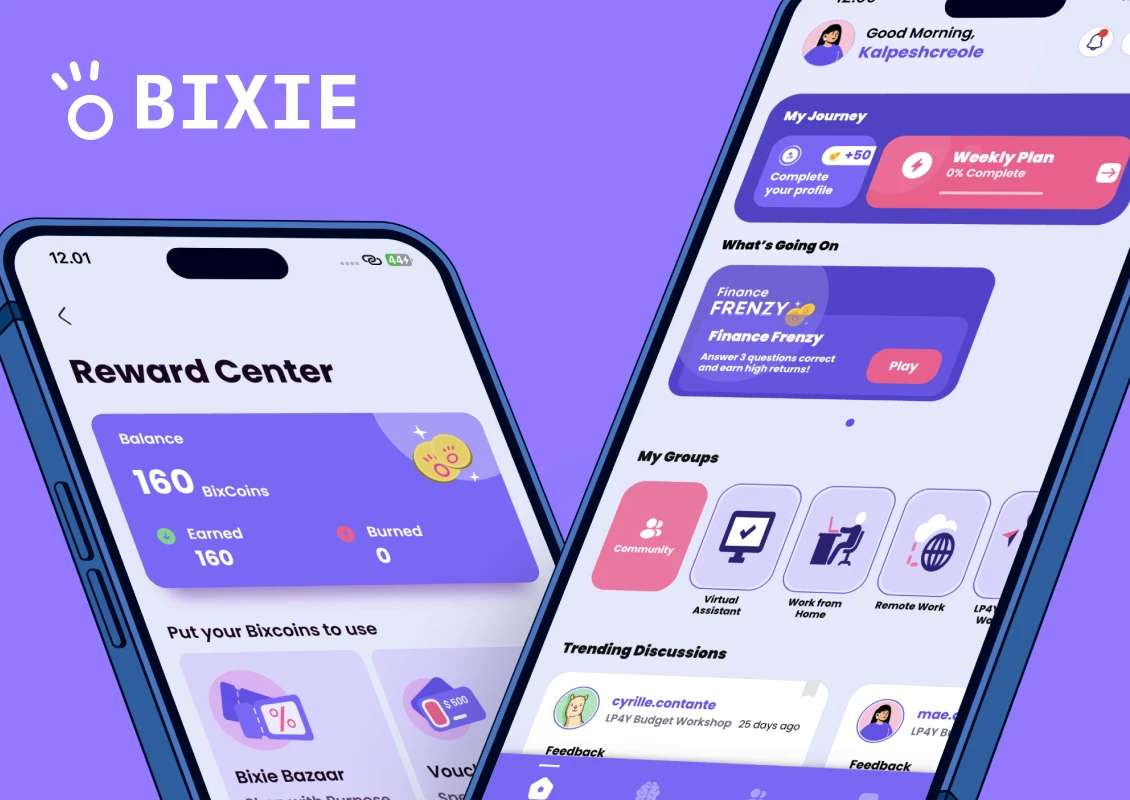Introduction to Mobile App Development
Mobile app development refers to the process of designing, building, and launching software applications that operate on mobile devices. This field is diverse, encompassing native app development, hybrid app development, and cross-platform mobile app development to cater to varying project requirements and business goals. At its core, mobile app development, often facilitated by a mobile app development company, focuses on enhancing user experience, improving functionality, and ensuring seamless operation across different devices and platforms.
Steps in the Mobile App Development Process
Embarking on the mobile app development process is akin to setting off on a meticulously planned journey from an initial idea to a fully functional app. This process includes:
1. Market Research: This initial phase involves identifying user needs, market demands, and potential gaps that your app could fill. Understanding your audience’s preferences and pain points is crucial for developing a relevant and compelling application.
2. Strategy Formation: Next, developing a comprehensive mobile app development strategy is vital. This strategy should outline the app’s objectives, target audience, revenue model, and marketing plans. A clear strategy aligns your app’s development with your business goals, ensuring a cohesive approach to reaching your target market.
3. Design and Prototyping: The design phase focuses on creating the app’s user interface (UI) and user experience (UX). Designers craft intuitive and attractive designs that guide users seamlessly through the app, while prototyping allows stakeholders to get a tangible feel of the app’s functionality and flow before development begins in earnest.
4. Development: The development phase is where the app comes to life. Developers code the app, integrating the necessary features and functionalities while ensuring the backend infrastructure supports the app’s operations.
5. Testing: Quality assurance (QA) testing is critical to ensure the app is reliable, functional, and secure. This phase involves identifying and fixing any bugs, performance issues, or usability problems.
6. Launch: After thorough testing and final adjustments, the app is launched on platforms like the Apple App Store or Google Play. A successful launch requires careful planning and marketing to generate interest and downloads.
7. Maintenance: Post-launch, apps require ongoing maintenance to address any issues, release updates, and add new features to keep the app relevant and engaging for users.
Build an App Development Strategy
A well-crafted mobile app development strategy is the backbone of a successful app project. This strategy should encompass not only the technical development but also market positioning, monetization approaches, user engagement, and retention tactics. It involves deep market analysis, clear objective setting, and the selection of the right technologies and platforms to bring your app idea to life. A strategic approach ensures that your app not only meets but exceeds user expectations, providing a solid foundation for growth and success.
Embark on your mobile app journey with our comprehensive guide to mobile app development. Discover the key steps and strategies for building a successful app, tailored for both iOS and Android platforms. As a leading mobile app development company in the USA, we bring expertise and innovation to every stage of your project
7 Best Mobile App Development Platforms

Selecting the appropriate mobile app development platforms is crucial for your app’s success. The choice depends on your app’s requirements, target audience, and budget. Here are seven leading platforms that cater to a range of cross-platform mobile app development needs:
- React Native: A popular choice for developing cross-platform apps with a single codebase, offering near-native performance.
- Flutter: Google’s UI toolkit for crafting natively compiled applications for mobile, web, and desktop from a single codebase.
- Xamarin: A Microsoft-owned framework that allows for the development of native and cross-platform apps using C#.
- Ionic: A versatile platform for building hybrid mobile apps using web technologies like HTML, CSS, and JavaScript.
- Android Studio: The official Integrated Development Environment (IDE) for Android app development, offering comprehensive tools for developers.
- Swift: Developed by Apple for iOS, Swift is a powerful and intuitive programming language for macOS, iOS, watchOS, and tvOS app development.
- Unity: Best known for game development, Unity is also used for creating interactive 3D and 2D mobile applications.
From these, globally, as per Statista, Flutter is the most popular cross-platform mobile app development framework used by global developers, according to a 2022 developer survey. However, you can choose the most relevant option after consulting a mobile app development agency.
Latest Trends and Practices of App Development
The landscape of mobile app development is continually evolving, with new technologies and methodologies emerging to enhance app functionality and user experience. Keeping pace with these developments is essential for creating apps that are not only relevant but also revolutionary. Here are some of the most impactful trends in app development today:
- IoT Application Development: The integration of Internet of Things (IoT) technology into mobile apps opens up new avenues for innovation, particularly in smart home systems, healthcare monitoring, and industrial automation, offering users control and insights like never before.
- Artificial Intelligence and Machine Learning: AI and ML technologies have significantly advanced the capabilities of mobile apps, from personalized user experiences to predictive analytics and intelligent automation, making apps more responsive and personalized to individual user needs.
- Blockchain Technology: Known for its security and transparency features, blockchain technology is increasingly being incorporated into mobile apps for secure transactions, data storage, and enhancing trust in app functionalities, particularly in finance and supply chain management apps.
- Augmented Reality (AR) and Virtual Reality (VR): AR and VR technologies continue to transform the mobile app landscape, providing immersive experiences in gaming, education, and retail. These technologies offer users engaging and interactive ways to explore content and environments through their mobile devices.
- GenAI (Generative AI): GenAI is rapidly becoming a game-changer in mobile app development, offering unprecedented capabilities in content generation, personalization, and user interaction. From creating personalized content on the fly to designing user interfaces that adapt to individual preferences, GenAI is poised to significantly enhance the creativity and efficiency of mobile apps. Its application ranges from chatbots that provide more natural and engaging user interactions to dynamic content creation for personalized user experiences.
Read More: The Fundamentals of Generative AI: Understanding its Core Mechanics and Applications
How Much Does Developing a Mobile Application Cost?

The mobile app cost is influenced by various factors. You can use various tools to calculate the estimated cost. Creole Studios, for instance, offers a free software development cost calculator that takes into account project scope, technical complexities, and time constraints. This tool proves to be a valuable asset for estimating offshore development team costs, offering swift estimates based on various developers and expertise levels. By considering these factors, you can gain a clearer understanding of the overall expenses associated with your mobile app development project.
Simple apps can cost anywhere from $10,000 to $50,000, while more complex applications may range between $100,000 to $500,000 or more. It’s important to factor in not just the initial development costs but also ongoing maintenance, updates, and marketing expenses to ensure the app remains relevant and successful over time.
Reasons Why Mobile Applications are Important
For small to medium-scale businesses, mobile applications represent an invaluable tool for achieving competitive advantage, improving customer engagement, and driving business growth. Here are compelling reasons why investing in a mobile app can be transformative for these businesses:
- Direct Communication and Engagement: Mobile apps allow businesses to establish direct communication channels with their customers, offering personalized experiences through notifications, updates, and promotions. This direct line of communication enhances customer engagement and fosters loyalty by keeping your brand at the forefront of their minds.
- Market Expansion: Mobile apps break down geographical barriers, enabling small to medium businesses to reach a broader audience. By making your products or services available through an app, you can tap into new markets and customer bases that were previously unreachable.
- Brand Recognition and Development: For smaller businesses, brand recognition is crucial. A mobile app serves as an extension of your brand, providing a platform to showcase your values and offerings. Consistent user experience and value offered through your app reinforce your brand identity, helping to build trust and recognition among your target audience.
- Enhanced Accessibility: An app increases your business’s accessibility, allowing customers to interact with your brand at their convenience. Whether it’s booking a service, making a purchase, or simply browsing your offerings, an app ensures that your business is just a tap away, 24/7.
- Customer Insights: Mobile apps provide valuable data on user behavior, preferences, and engagement patterns. This data can be leveraged to make informed decisions, tailor marketing strategies, and create personalized experiences that meet the specific needs and desires of your customer base.
- Operational Efficiency: Apps can streamline business operations, offering efficient ways to manage bookings, orders, customer inquiries, and more. This increased efficiency can significantly reduce operational costs and improve customer service, providing a smoother experience for both the business and its customers.
- Competitive Edge: In many industries, having a mobile app can set a small to medium-sized business apart from its competitors. An app not only demonstrates innovation and forward-thinking but also shows a commitment to providing value and convenience to customers.
Globally, mobile app development is becoming a significant industry. Various companies provide mobile app development services. In fact, as per Statista, global mobile app revenue is projected to reach $163 billion by 2025 and as per another study by Grand View Research, it is expected that mobile app development market is going to grow at a CAGR of 17% from 2023 to 2028, leading to significant business opportunities for everyone.
Conclusion – Why Choose Creole Studios for Mobile App Development Services?
When it comes to transforming your visionary app idea into a dynamic reality, Creole Studios stands out as a leading mobile app development company. Our comprehensive mobile app development services span from custom app development to enterprise application development, IoT application development, and beyond. Our commitment to excellence, innovation, and customer satisfaction makes us the ideal partner for businesses looking to leverage mobile app development for growth and success.
By partnering with Creole Studios, you gain access to a team of seasoned professionals who are adept at navigating the complexities of mobile app development. Whether you’re looking to hire mobile app developers for a pioneering project or seeking expertise in native app development and hybrid app development, we have the skills and resources to bring your vision to life.
In addition to our technical prowess, Creole Studios is dedicated to ensuring a seamless and collaborative development process. Our strategic approach, coupled with our commitment to staying abreast of the latest mobile app development trends, ensures that your app not only meets but surpasses user expectations.











 30 mins free Consulting
30 mins free Consulting 
 6 min read
6 min read 


 Singapore
Singapore 
 USA
USA 
 Finland
Finland 





 Love we get from the world
Love we get from the world 